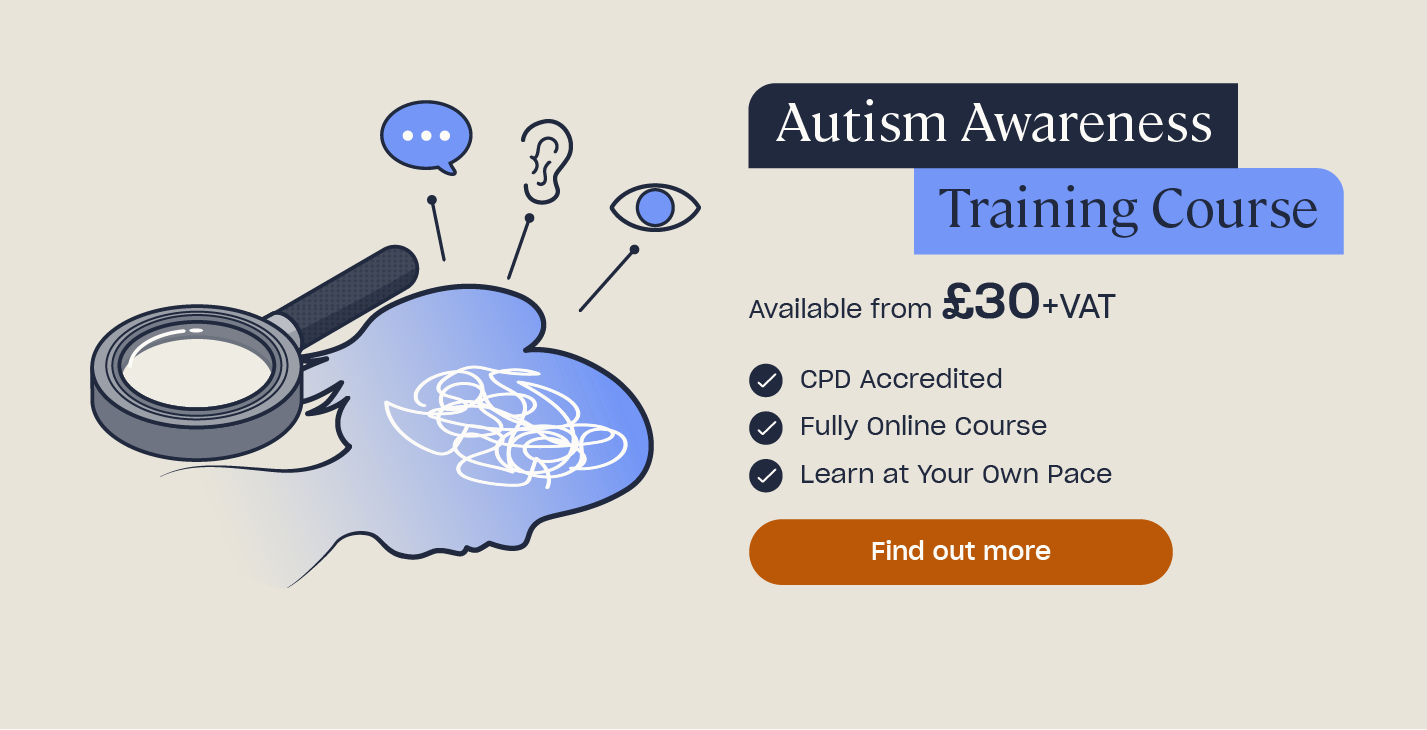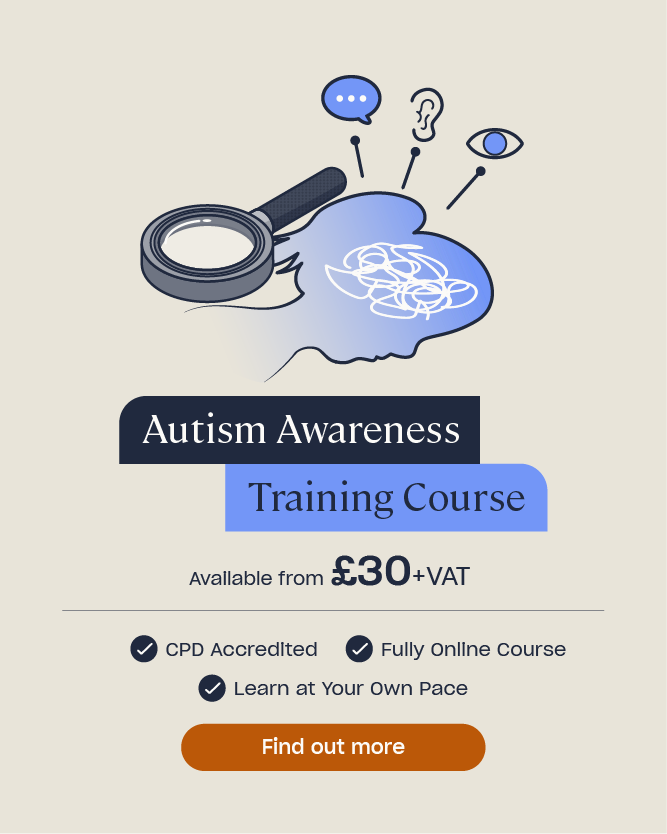Parenting Changes to Make for Teens with Autism
Autism is a life-long condition that affects how people think and experience the world. Everyday life is challenging for everyone, but for an autistic teenager, it’s even more overwhelming, confusing, and distressing.
To an autistic teen, the world may make little sense, and they will have to make more effort than their friends to keep calm and carry on.
6 Ways To Help Your Teenager with Autism
A range of interventions and adaptations can help autistic people manage their daily lives, and what’s great is that most of them require little effort and little money.
So, let’s take a look at 6 of the best tips and techniques for teens with autism. And please, feel free to comment below with your own!
1. Help them to stay organised with school work
As your teenager moves through high school, the demands and pressures placed on them will increase, which can be difficult to manage. New schools, busy timetables and a multitude of assignments can leave your autistic teen feeling anxious and overwhelmed. As a parent, the best thing you can do is give your support: help your teen to ensure that they have the right books, talk through their timetable with them each morning and communicate with their teachers so that everyone stays in the loop. If they have lots of homework, try breaking down the assignment into lots of smaller tasks and make yourself available should they need assistance.
2. Encourage them to make friends
Social communication can be one of the most challenging areas for a teenager with autism. Whether it’s starting a conversation, making appropriate eye contact or knowing which topics to discuss, the prospect of making friends can be daunting. As a result of this, many autistic teens can feel isolated or like they don’t fit in with their crowd of peers.
So what can you do to help? Try encouraging your autistic teen to share their interests with like-minded people. Is your teen passionate about martial arts or celebrities? Help them to find others with similar interests and then encourage your teen to connect – both in person and online.

3. Ease them into adolescence
Puberty, sexuality and teenage life are awkward for any adolescent, but for an autistic teen, these life events can be a particular challenge. For teenage boys and girls, understanding the changes that their bodies are going through can be a difficult concept. They may have learnt the key facts at school but have trouble translating them into their lives, or they may have very little awareness and not understand what is happening to them at all.
As a parent, reassure your teenager about these natural changes and be open about discussing important topics. Help your teenager to understand what to expect, how they will be affected and what they can do if they feel anxious or scared. The worst thing you can do is brush these topics under the carpet and hope that your teenager figures them out on their own.
In-depth Autism Awareness training
Our Autism Awareness Course is designed to help anyone whose job role requires them to work with autistic children. It’s also suitable for parents, guardians, and family members of autistic children.
4. Embrace the power of visuals
Autistic children generally respond well to visual information, such as written timetables, picture cue cards, photographs and video clips. It’s likely that you’ve already been using visual supports for many years. Throughout their adolescent years, visual supports can be just as useful for autistic teens so continue to use them. For example, could you explain an event that’s going to happen using a series of illustrations, like a comic strip? Or maybe you could watch a TV show together, pausing it at regular intervals to explain the social situations you’re viewing and asking your teen how they would act next or how the situation makes them feel.
5. Practice ahead of time
For an autistic teenager, social situations can be hard work and are likely to generate feelings of stress or anxiety. To help your teenager manage these negative emotions and enhance their confidence, try practising social situations with them at home first and set up their very own drama school.
For example, arrange an area of your kitchen like a coffee shop and practice ordering a drink, pretend you’re having lunch with a friend and discuss the different topics you could talk about or create a ‘bus stop’ and practise getting on the bus and greeting the driver. Rehearsing everyday situations like these will help your autistic teen to feel more confident and comfortable and will make social situations feel much more predictable and manageable.

6. Don’t be afraid to let them make mistakes
As a parent, it can be difficult to watch your child become independent and face the world’s challenges alone. It can be harder if your child is autistic because you know that they’re guaranteed to struggle. However, it’s important that parents cast aside guilt and fear and let their autistic teenager face some challenges on their own.
All teenagers need to learn to be independent. And sometimes, the only way is to let them learn to cope without your support. So, now and then, ask your teenager to take the train on their own. Buy a product in a shop without you there. Or prepare a sandwich by themselves. It may be hard at first – and stressful for your autistic teen – but practice makes perfect.
What to Read Next:
- Neurodiversity and the Autism Rights Movement
- Autism in Females: Is it Different?
- What is Autistic Masking?
- Autism Awareness Quiz
- Autism Feelings Chart for Children
- Sensory Overload in Children











